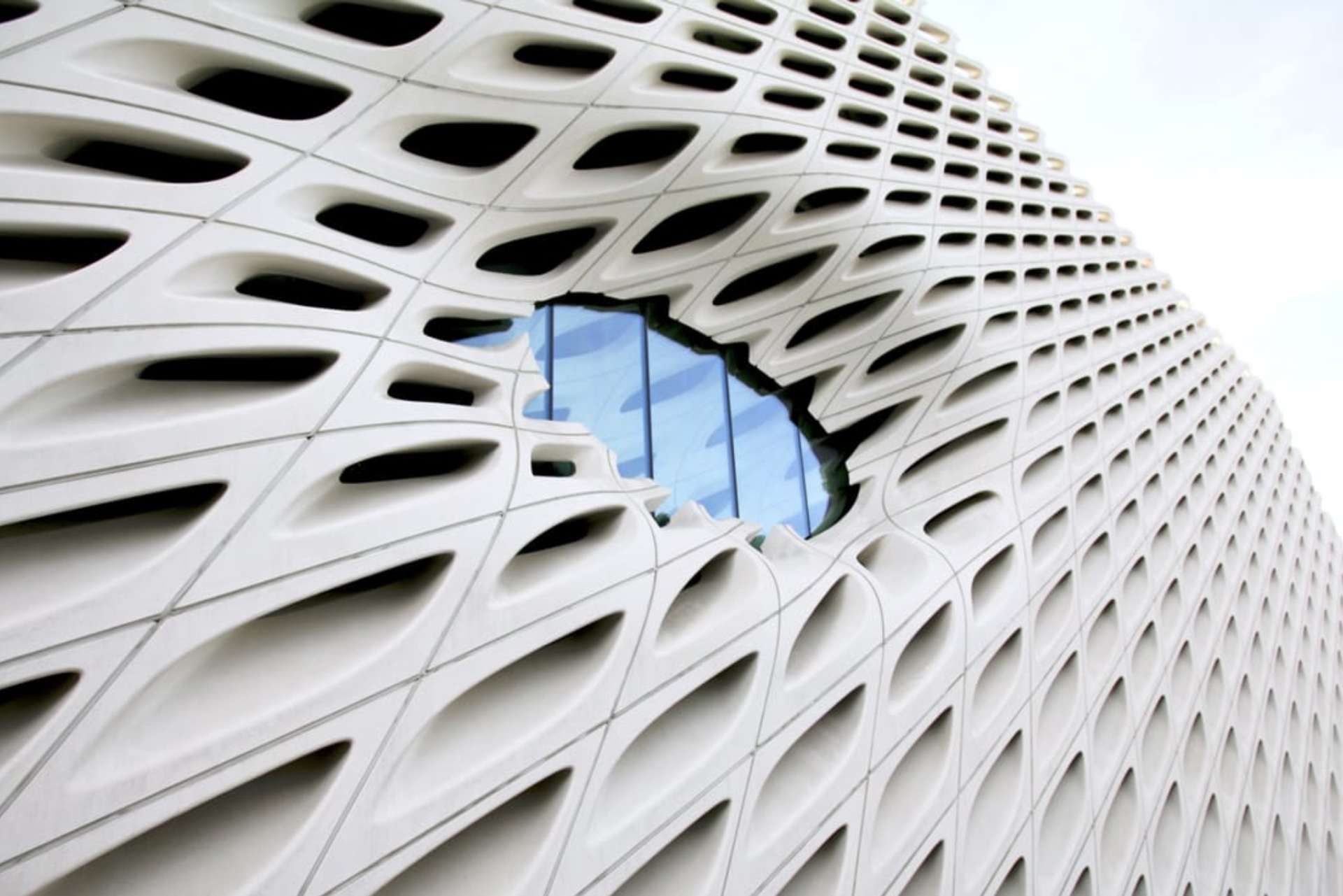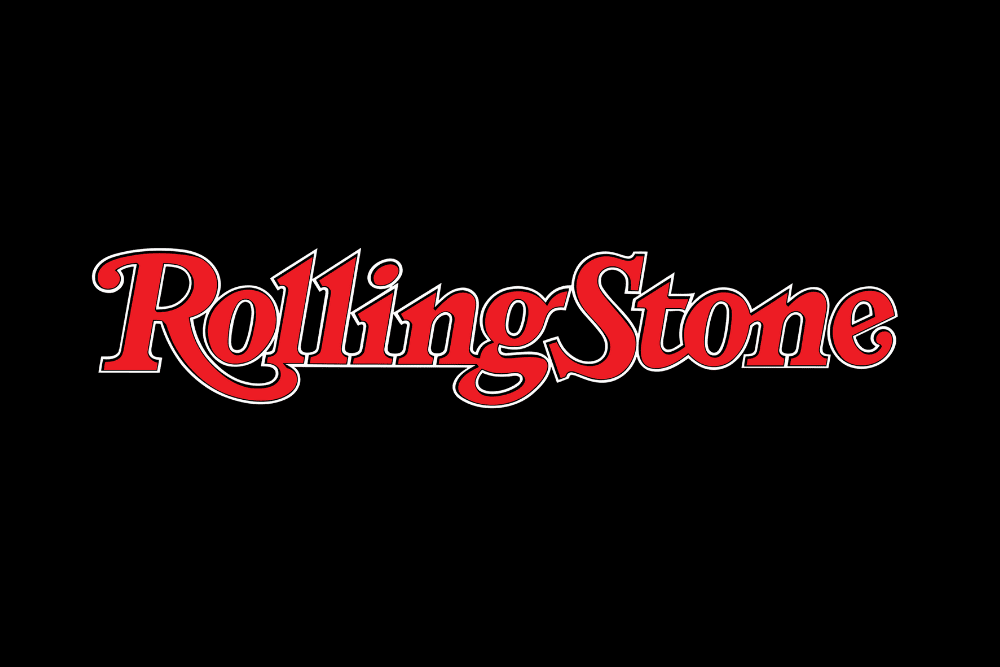Understanding Your Rights After a Detox Facility Death
When someone enters a detox facility seeking help, their family expects them to receive safe, professional care during one of their most vulnerable moments. Tragically, when negligence or inadequate care leads to a patient’s death, families are left devastated and searching for answers. If you’ve lost a loved one in a Los Angeles detox facility, you’re likely overwhelmed with grief while wondering who is responsible and whether justice is possible. The reality is that multiple parties may share liability when proper care standards aren’t met, from the facility itself to individual staff members and even licensing agencies that failed in their oversight duties.
💡 Pro Tip: Request all medical records, incident reports, and facility documentation immediately after a death, as these records may be altered or become harder to obtain as time passes.
Seeking justice for a tragic loss in a detox facility can be overwhelming, but you don’t have to navigate this journey alone. Let MSD Lawyers guide you through the process with diligence and compassion. Reach out today at 213-401-0823 or contact us to explore your legal options.
California Laws Protecting Detox Patients and Their Families
Under California law, detox facilities have a legal duty to provide adequate care and maintain safe conditions for their patients. CCP § 377.60 establishes clear guidelines for who can pursue wrongful death claims when negligence leads to a patient’s death. This statute allows the deceased person’s spouse, domestic partner, children, or other dependents to seek compensation through legal action. Additionally, the decedent’s personal representative can file on behalf of eligible parties. A detox clinic death lawyer in Los Angeles can help determine which family members have standing to bring a lawsuit and ensure all eligible parties are included in the claim.
The Department of Health Care Services (DHCS) plays a crucial role in preventing these tragedies through its licensing and certification requirements. DHCS facility licensing standards mandate specific staffing ratios, medical supervision protocols, and emergency response procedures that facilities must follow. When facilities violate these regulations and a death occurs, this creates strong evidence of negligence that supports a wrongful death claim.
💡 Pro Tip: Check the facility’s licensing status and any past violations through DHCS public records – a history of non-compliance strengthens your case significantly.
Steps to Take After a Detox Facility Death
Acting quickly after a loved one’s death in a detox facility is crucial for preserving evidence and protecting your legal rights. The process of holding responsible parties accountable requires strategic action and careful documentation. Working with a detox clinic death lawyer in Los Angeles ensures you meet all deadlines while building the strongest possible case.
- Immediately request a complete copy of all medical records, including intake assessments, medication logs, and monitoring notes
- Report the death to DHCS and request an investigation into potential licensing violations
- Document all communications with facility staff and preserve any text messages or emails
- File a wrongful death claim within California’s two-year statute of limitations
- Gather witness statements from other patients or visitors who observed care conditions
💡 Pro Tip: California law requires facilities to report patient deaths to regulatory agencies within 24 hours – verify this was done and obtain copies of all reports filed.
Building Your Case with MSD Lawyers
Successfully pursuing justice after a detox facility death requires thorough investigation and understanding of complex medical and regulatory standards. MSD Lawyers brings extensive experience in wrongful death cases involving treatment facilities, understanding both the medical aspects of detoxification and the legal requirements facilities must meet. Our team works with medical experts who can review care standards and identify where negligence occurred, whether through inadequate medical monitoring, improper medication management, or failure to respond to medical emergencies. A detox clinic death lawyer in Los Angeles from our firm will meticulously examine facility records, interview staff, and uncover any pattern of negligent practices that contributed to your loved one’s death.
💡 Pro Tip: Many facilities carry substantial insurance policies – having experienced legal representation ensures you pursue all available sources of compensation.
Identifying All Potentially Liable Parties
When a patient dies in a detox facility, liability rarely rests with just one party. The facility itself may be liable for systemic failures like understaffing, inadequate training, or poor safety protocols. Individual medical professionals, including doctors and nurses, can face liability for medical malpractice if they failed to meet professional standards of care. Corporate owners of detox chains may share responsibility when profit-driven policies compromise patient safety. Even third-party contractors providing medical services can be held accountable. Your detox clinic death lawyer in Los Angeles will investigate all potential defendants to maximize your family’s recovery.
Facility and Corporate Liability
Detox facilities operating in California must maintain specific licenses and meet stringent care standards. When corporate policies prioritize profits over patient safety – such as maintaining dangerously low staffing levels or admitting patients beyond their care capabilities – they create conditions where preventable deaths occur. Evidence of systemic problems, like multiple incidents or regulatory violations, strengthens claims against corporate defendants.
💡 Pro Tip: Look for patterns in online reviews or complaints that mention similar safety concerns – these can provide valuable evidence of ongoing negligence.
Common Causes of Preventable Deaths in Detox Facilities
Understanding how detox deaths occur helps families recognize when negligence played a role. Medical complications during detoxification can be severe, particularly for patients withdrawing from alcohol or benzodiazepines. Facilities must have protocols for monitoring vital signs, administering appropriate medications, and recognizing medical emergencies. When staff fail to check on patients regularly or ignore warning signs of distress, preventable deaths can occur. Under CCP § 377.60, families can pursue claims when these failures directly cause or contribute to a patient’s death.
Medical Monitoring Failures
Proper detoxification requires continuous medical supervision, especially during the first 72 hours when withdrawal symptoms peak. Facilities that rely on undertrained staff or fail to have medical professionals readily available put patients at extreme risk. Deaths from seizures, cardiac events, or severe dehydration often trace back to inadequate monitoring protocols or staff who didn’t recognize life-threatening symptoms in time to intervene.
💡 Pro Tip: Request staffing schedules and training records – understaffing during critical overnight hours is a common factor in detox deaths.
Elder Abuse Laws and Vulnerable Adult Protections
Many detox patients qualify as dependent adults under California’s Elder Abuse and Dependent Adult Civil Protection Act, which provides additional legal protections and remedies. Patients suffering from severe addiction often meet the definition of dependent adults due to physical or mental limitations that restrict their ability to protect their own rights. When facilities neglect these vulnerable patients or fail to provide adequate care, families may pursue enhanced damages under elder abuse statutes. A detox clinic death lawyer in Los Angeles can evaluate whether these additional protections apply to strengthen your case.
Enhanced Remedies for Vulnerable Victims
California recognizes that dependent adults in care facilities deserve special protection from neglect and abuse. When a detox facility’s negligence rises to the level of recklessness or deliberate indifference to patient safety, courts may award enhanced damages including attorney’s fees and punitive damages. These provisions exist because vulnerable adults in institutional settings cannot advocate for themselves and depend entirely on their caregivers for survival.
💡 Pro Tip: Document any signs that your loved one tried to leave the facility or complained about their care – this evidence can support claims of neglect or false imprisonment.
Frequently Asked Questions
Understanding Your Legal Options
Families facing the sudden loss of a loved one in a detox facility often have many questions about their rights and the legal process ahead. These concerns are completely normal and understanding your options helps you make informed decisions during this difficult time.
💡 Pro Tip: Write down all your questions before meeting with an attorney – grief can make it hard to remember everything you wanted to discuss.
Taking Action and Seeking Justice
While no amount of money can bring back your loved one, holding negligent parties accountable helps prevent future tragedies and provides resources for your family’s needs. Understanding the legal process reduces anxiety and helps you focus on healing.
💡 Pro Tip: Many attorneys offer free consultations for wrongful death cases – use this opportunity to evaluate their experience with detox facility cases specifically.
1. Who can file a wrongful death lawsuit after a detox clinic death?
Under California law, the deceased person’s spouse, domestic partner, children, and sometimes other dependents can file a wrongful death claim. If no one in these categories exists, anyone entitled to the property by intestate succession may file. The decedent’s personal representative can also file on behalf of all eligible parties.
2. What damages can families recover in a detox facility death case?
Families may recover economic damages including medical bills, funeral expenses, and lost financial support. Non-economic damages cover loss of companionship, emotional distress, and loss of household services. In cases involving reckless conduct, punitive damages may also be available to punish the wrongdoer.
3. How long do I have to file a wrongful death claim in California?
California generally allows two years from the date of death to file a wrongful death lawsuit. However, if you’re pursuing claims based on medical malpractice, different deadlines may apply. Claims against government-run facilities have shorter deadlines, sometimes as little as six months.
4. What if the facility claims my loved one signed a liability waiver?
California law prohibits healthcare facilities from using waivers to escape liability for negligence. Even if your loved one signed admission paperwork containing a waiver, it cannot shield the facility from responsibility for failing to provide adequate care or maintain safe conditions.
5. How do I prove the detox facility was negligent?
Proving negligence requires showing the facility breached its duty of care and this breach caused your loved one’s death. Evidence may include violations of DHCS regulations, inadequate staffing, failure to monitor patients, improper medication management, or delayed emergency response. Medical experts often testify about proper care standards.
Work with a Trusted Detox Clinic Deaths Lawyer
Losing a loved one who sought help for addiction is particularly devastating because they were trying to get better. When negligence at a detox facility cuts short someone’s journey to recovery, families deserve answers and accountability. Pursuing a wrongful death claim requires navigating complex medical evidence, regulatory standards, and legal procedures while managing your grief. Having compassionate, experienced legal representation makes this process more manageable and increases your chances of obtaining justice for your loved one.
When tragedy strikes in a detox facility, reaching out for legal support can make all the difference. MSD Lawyers stands ready to lend a hand, guiding you toward justice with care and precision. Don’t hesitate to connect with us at 213-401-0823 or contact us for a consultation today.













